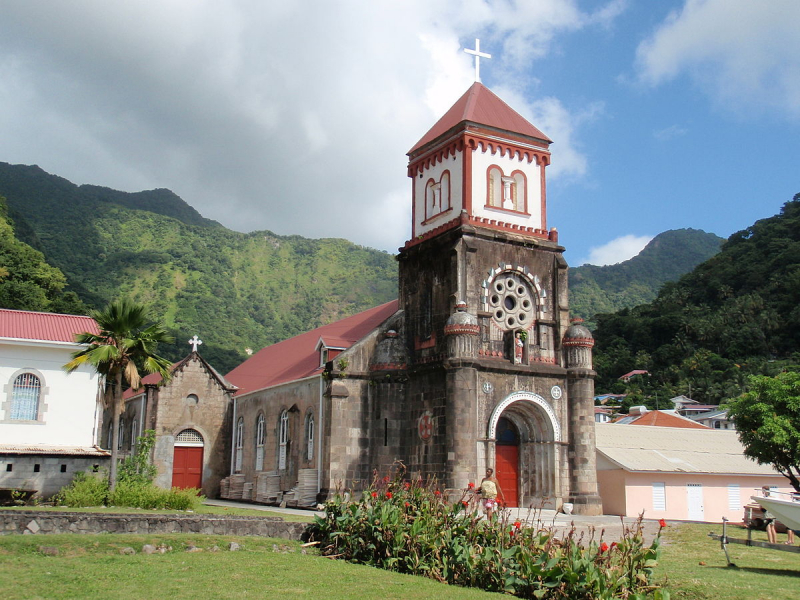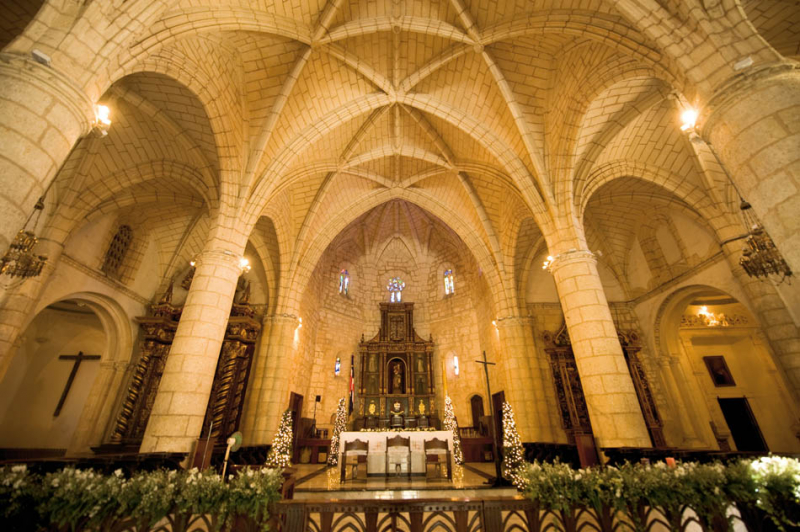Religion
The very first thing in this list of Dominica culture, customs and etiquette is religion. Dominica's indigenous inhabitants were the Island Caribs before Europeans arrived. They were polytheists who worshiped various aspects and objects of nature. The Spanish were the first Europeans to try to colonize the island. The indigenous inhabitants, however, drove them off the island. Later, both the French and the English became interested in Dominica. The French did not establish permanent settlements on the island until the latter half of the 17th century. Thousands of African slaves were brought to the island by the French to work on the coffee plantations they had established. The French brought their religion with them as well. Roman Catholicism was soon adopted by the African slaves and a large section of the Island Caribs living in Dominica. Protestantism became popular in the country with the arrival of the British. In 1761, the British conquered the island and in 1763, France ceded the land to the country.
Religious Beliefs: Roman Catholicism is the religion of over 70 percent of the population. None of the Protestant religions (Methodist, Pentecostal, Seventh Day Adventist, Baptist, Anglican, Jehovah's Witnesses, Church of God) exceed more than 5 percent. Carib and West African beliefs in spirits and obeah (witchcraft) persist despite church disapproval. Rastafarianism is followed by some.
Religious Practitioners: Native Dominicans are now being trained as clergy, but practitioners of the formal religions, particularly Catholic priests and nuns, have generally been foreigners. Obeah practitioners or seers ( gadè ) are native or are from nearby islands.
Rituals and Holy Places: The religions hold services in their respective churches. Residents of smaller villages often must travel to larger villages to attend church. Some villages have stone Roman Catholic churches dating to the seventeenth and eighteenth centuries, although new ones continue to be built in other villages. Many Protestant churches, especially Pentecostal and Seventh Day Adventist, have been built in the latter decades of the twentieth century. The frequency and days of worship depend on the religion.
Death and the Afterlife: Many traditional practices and beliefs, such as the Carib custom of burying the dead in a fetal position, have been abandoned in favor of Christian traditions. All Saints Day is observed by visiting cemeteries and lighting candles on the graves of deceased loved ones.








